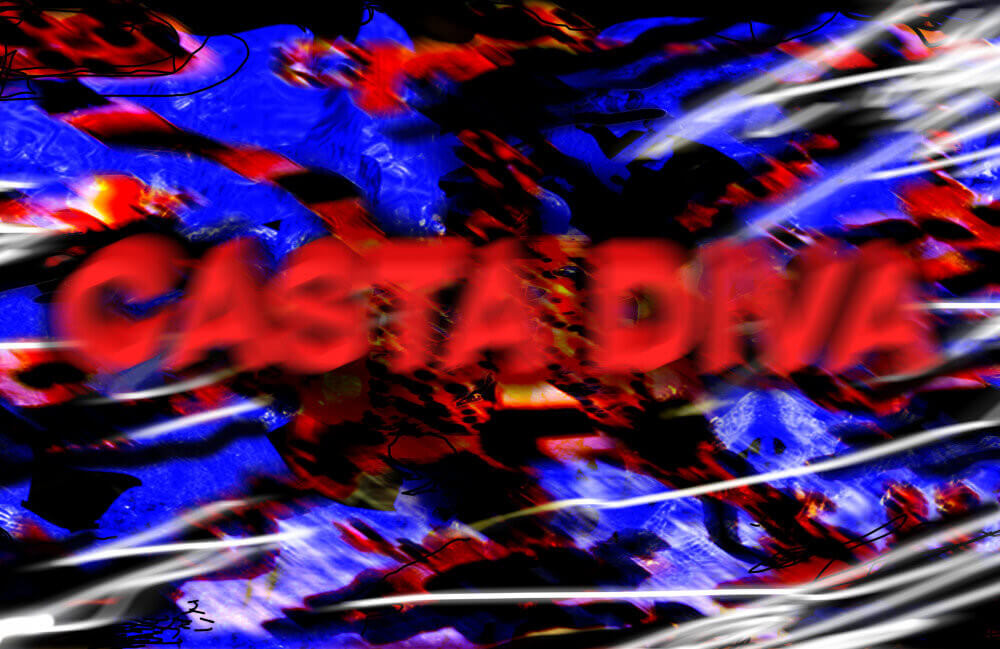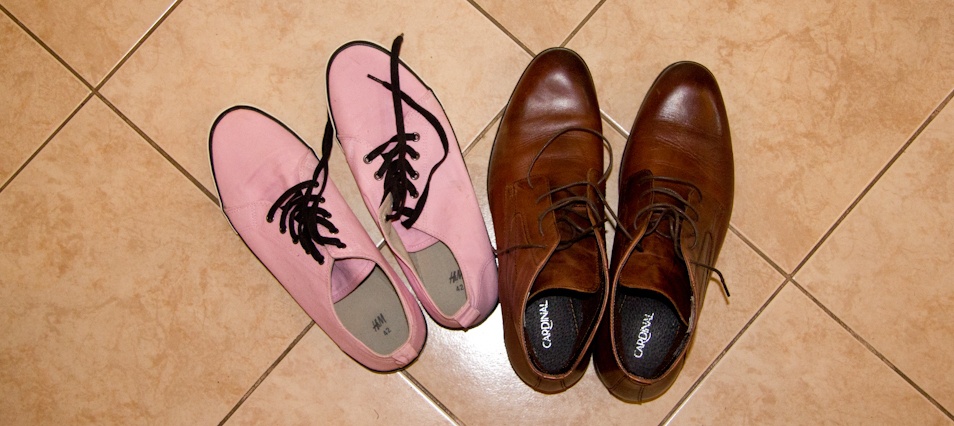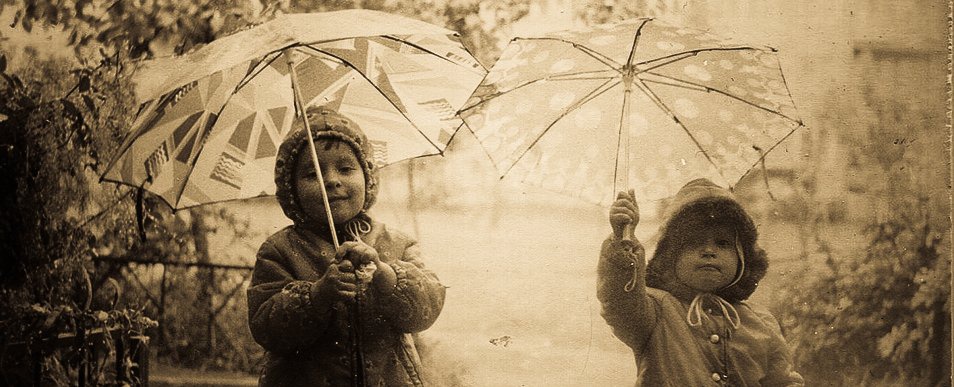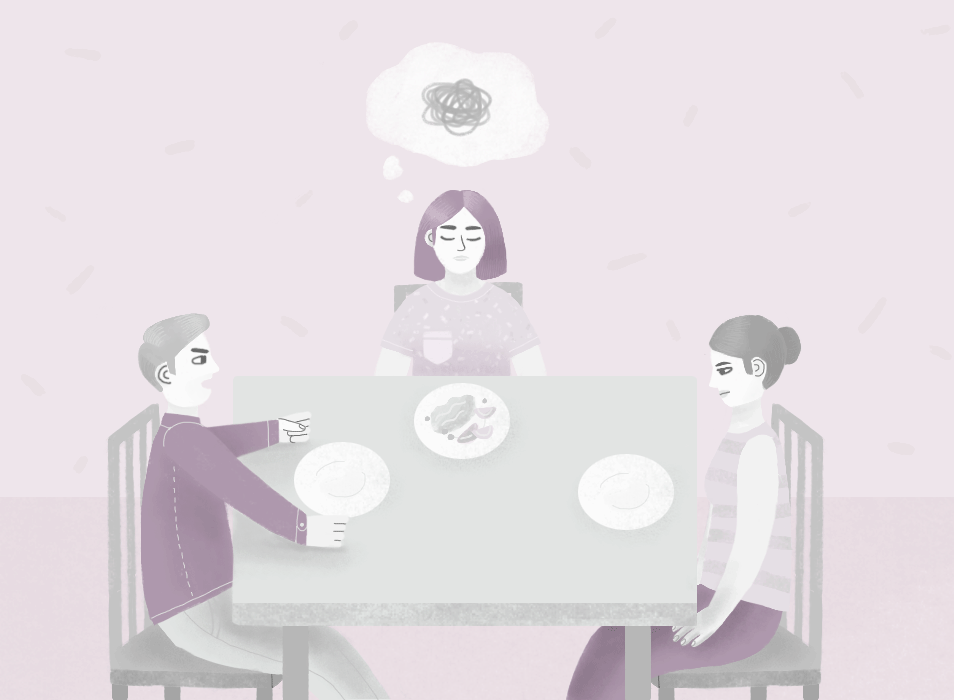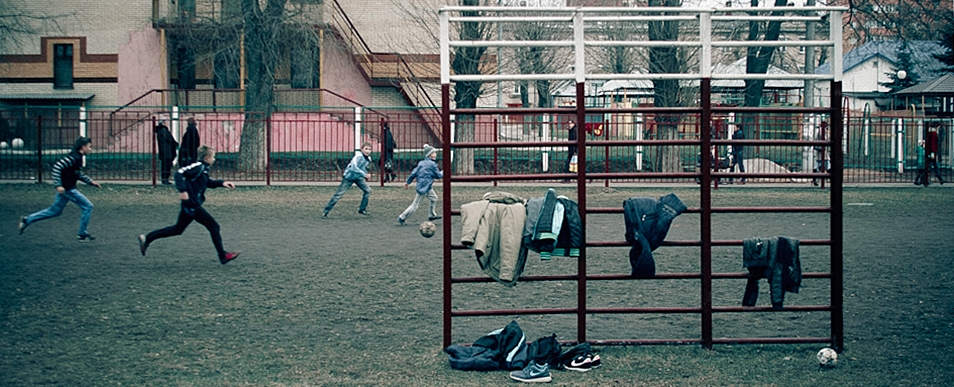I recorded this story back in June 2020: my friend Kolya and I were walking around Minsk, sat down on the parapet next to the building at Kropotkina, 91A — the place where until recently there had been a famous gay bar Casta Diva. I remember how touched I was by his words and how many threads were intertwined in one place, how it contained several stories at once: a personal story, a story of community and activism.
I grew up in a family with two elder brothers. We lived together in one cramped apartment. And when I was fourteen years old, my mother got housing from work, and we moved with her to the dormitory on Kropotkin Street. This is the age when homosexual children — guys like me — look in the mirror and with tears in their eyes repeat "I am gay, I am gay, I am gay," for the first time they say these words, trying to accept themselves. My mother and I often walked down this street late in the evening, returning home. I saw some pretty young guys standing there near the entrance. Mom asked: what are these people doing here? And I didn't understand... Empty street, next to office buildings...
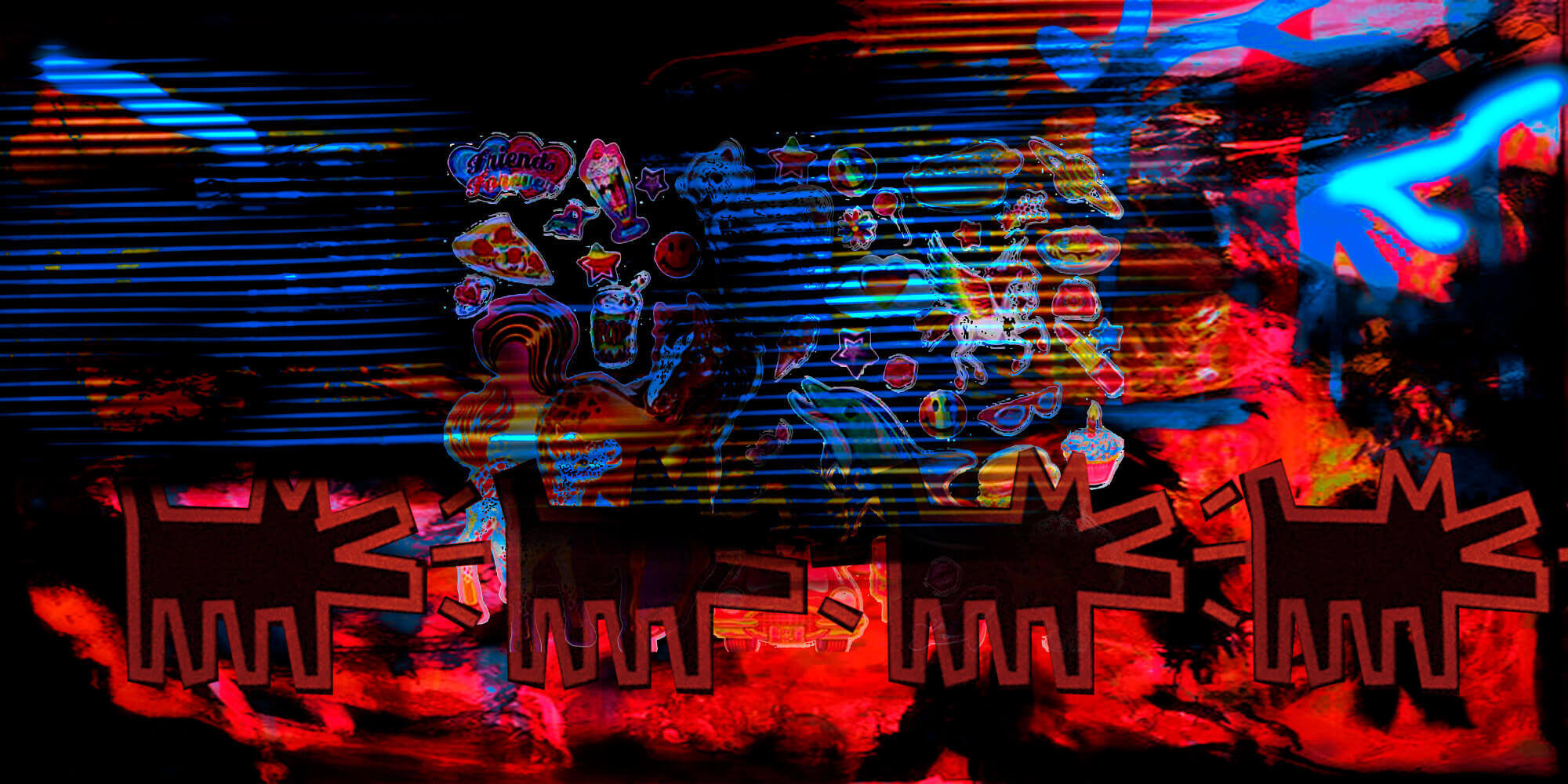 © Daria Danilovich
© Daria Danilovich This place opened me up. Such places opened me up as a part of the community, opened up my identity. It helped me to get out of constant self-stigmatization, internal homophobia. Casta Diva became a home for me or a place where I would like to find a home. I met a guy who worked as a bartender in that club, he became my friend, and I even used to come to him on weekdays, he poured me tea, and we could sit there and talk...
I think it was not a coincidence that we lived next to a gay club, passed by it with my mother a bunch of times even before I found out that it was a gay club, it was not a coincidence that I later became involved in LGBT activism and it was not a coincidence that I tried to return to this story again, to re-enter Casta Diva in order to preserve it. This is the story I want to tell now.
***
It started (or ended?) in 2017. A friend of mine, Denis Ruksha, wrote to me and said that he was contacted by a person who works at Casta Diva, and he was looking for people who could help in the club as promo DJs. Then Casta Diva had already been famous as a place where "they play only old Russian pop and karaoke." There were usually few visitors there — they said that people "come there on Friday or Saturday evening when there is nothing else to do." On the whole, the place was not popular, especially among young people.
I immediately said yes, I was interested both as an activist and as a designer. It was an honor for me to work in the place that once helped me open up.
I remember the first time we went there for a business meeting with the club's manager Igor Polansky. I had never been there during the daylight, except when I left Casta Diva in the morning. We were waiting at the entrance, Igor drives up, gets out of the car and with a straight face says: good afternoon, guys, opens the doors, we go down, he knows everything, how to turn on all the equipment, he turns on the main light, turns on the bar, turns on the neon lights, and we go to the bar counter and begin to introduce ourselves to him, and I shake his hand and tell him who I am, what I do and how I will try to improve this place. "I am a professional in my field: I will work with social networks and visuals, and be responsible for design..."
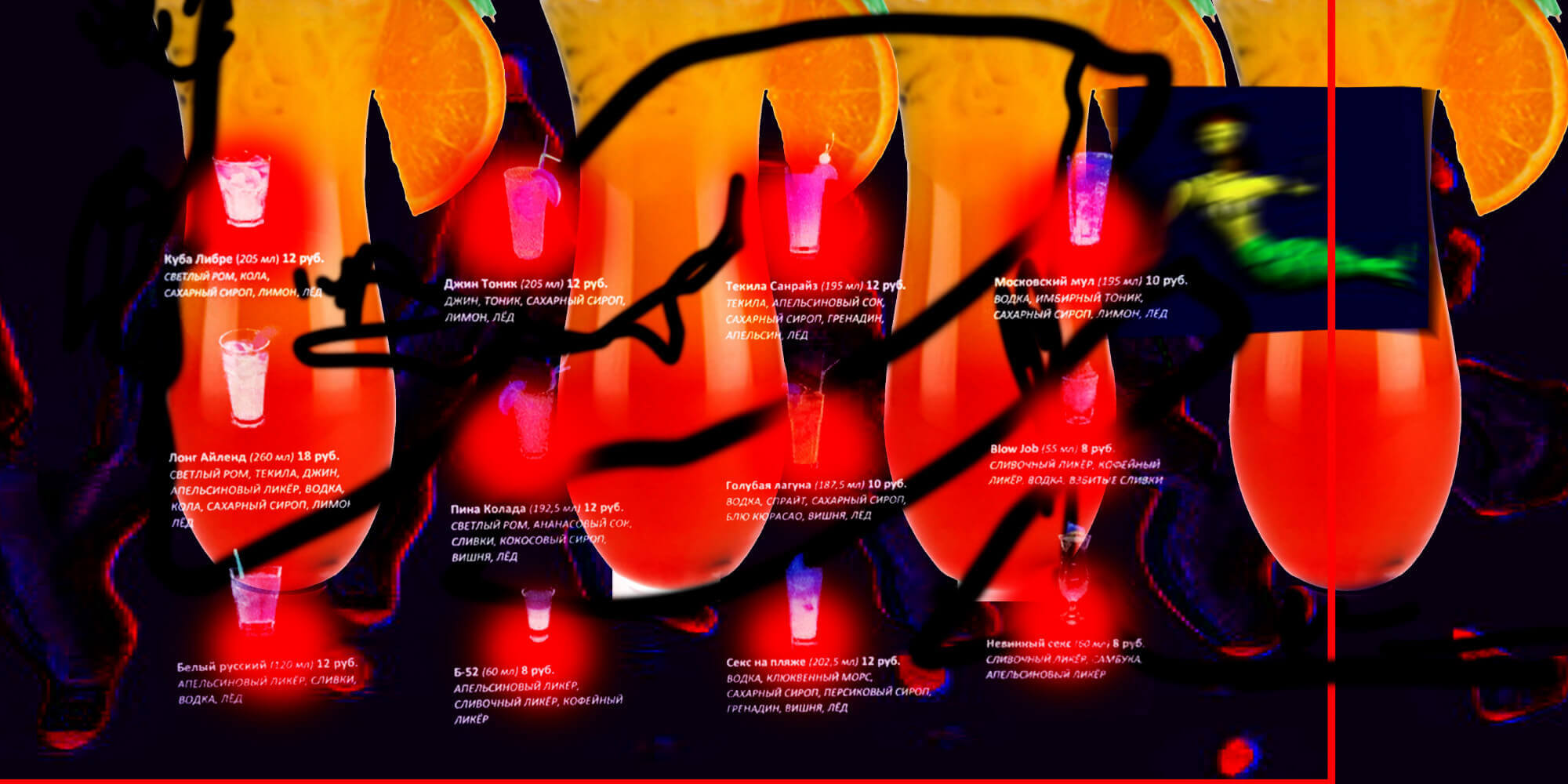 © Daria Danilovich
© Daria Danilovich It was the only place in Minsk that called itself a gay bar. But it wasn't this way in the beginning. When we started to revive the social networks of the club, to make new pictures, a new design, I noticed that it was not written anywhere what kind of place it was. Casta Diva and that's it — you know everything, you will understand everything yourself. That is, it was not a direct conversation. It wasn't written anywhere that it was a gay bar. We tried to convince the management of Casta Diva to do it, and we succeeded. Igor Polansky also told me: in my opinion, it's time, I think, we can already say that, there's nothing to be afraid of. "Yes, we are really a GAY bar." And when we told on social networks that it was a gay bar, his acquaintances, some employees or friends started writing to him: look at what's going on, do you really declare on social networks that this is a "gay bar"? Can you imagine? That's how we got an official gay bar.
I am grateful to Igor that he trusted us. He supported some young people he didn't know, who just came and said: we want to get involved. It was an important experience, although it was difficult for us. We understood that our initiatives faced a generational gap, I would call it this way. Igor Polansky is a significant figure for the LGBT community and culture of Belarus, the founder of the Babylon Art Club, where the first Transmission contests with drag queens were held. I remember how I came with friends to Casta Diva to the concert of Solodukha. Igor could arrange a performance of any Belarusian pop artist in his gay club. He loved the outrageous, he always said: "I love a show." And we were thinking about techno music, inspired by the vibes of Berghain in Berlin, we wanted to create a place with a similar aesthetic. For the first party, we repainted Casta Diva black. We asked Igor to buy red lamps, and also to repair latches in the toilet, because we understood that toilets should be a safe and comfortable space for everyone.
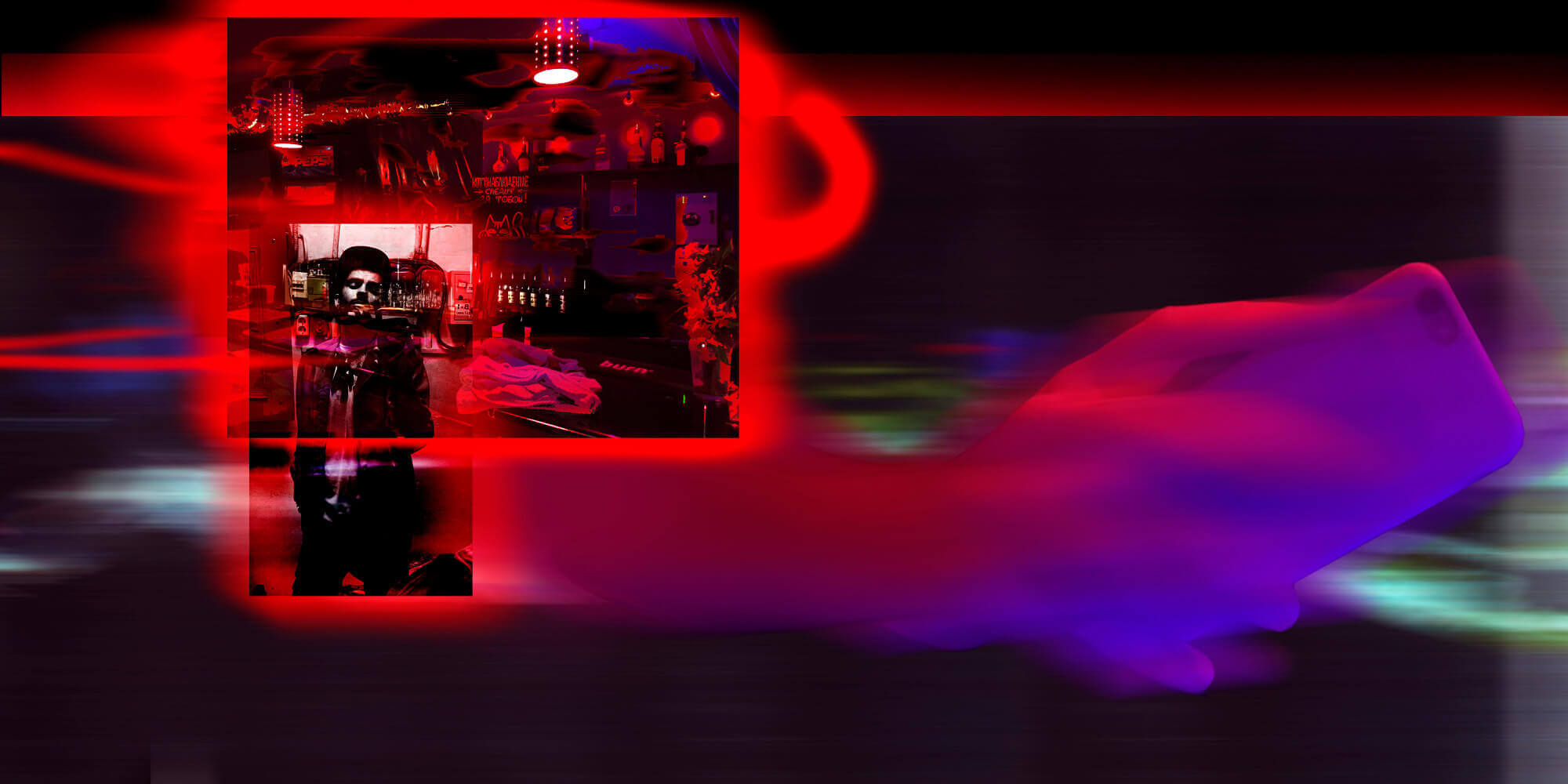 © Daria Danilovich
© Daria Danilovich It was valuable for me to get to know the staff — the people who clean and guard Casta Diva, DJs, bartenders. I found out that Igor does not hire people through his network, but simply puts an ad on the Internet, and later, apparently, explains to them what kind of place it is so that they do not discriminate against other people. But still "interesting" things happened. Once we were standing in the smoking room with a security guard, smoking, and he comes up to me and asks: "So what are you, gay, or what?" I thought I was going to die just there... "Well, actually, yes." He was very surprised. That I could say that I was gay... and that I was really gay. And he started asking me all these stupid questions: "Have you tried with girls?" — etc. It was, of course, a clusterfuck — to get such treatment from a security guard in a gay club.
I liked to talk to people who had been visiting this place for a very long time. I then met a drag queen named Tais. I saw her performances in Casta Diva. But here I got to know her (him) in a new role — as a bartender. And we started communicating. For me, as an LGBT activist, it was an important event, because I could touch the soul of LGBT life at that time (late 90s — early 2000s). I told him that I was engaged in activism and I believed that the place needed to support activism as well. And then activism would be able to support them. That was my logic.
I wanted LGBT activism to start supporting the LGBT business that once supported me and other guys from the community… So that the circle finally closed.
I wanted to make sure that the place would exist. Igor said: if it does not work out and does not bring income, I will close it. I had a clear understanding that this place could disappear. And, of course, as a gay man and as an LGBT activist, I felt that I had to do everything possible to make that place work. And I tried. I put my soul, and efforts, and sleepless nights into it. I didn't want to live in the city knowing that I would no longer have a gay club.
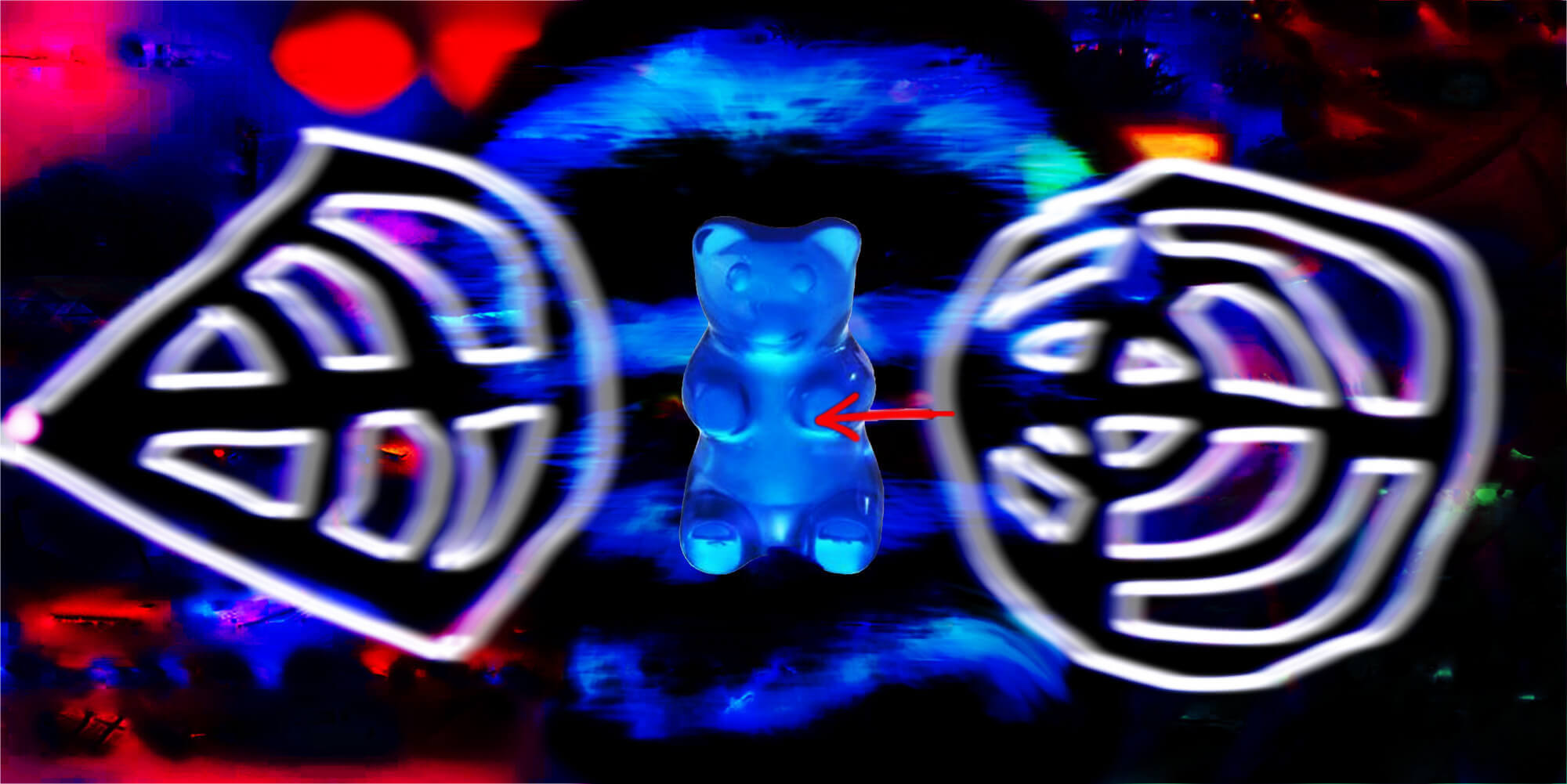 © Daria Danilovich
© Daria Danilovich What was the "former" Casta Diva?
Its soul was in its parties: Madonna's birthday, New Year, Halloween parties. I have no doubt that they celebrated both March 8 and February 23… But, of course, the main event was Madonna's birthday, no one could miss it (even we admitted that we couldn't do anything, so yes, Madonna will play on Madonna's birthday and no techno). And, of course, the show. Drag shows with performances from Ukrainian and Russian artists.
There was a community of adult homosexual men who felt comfortable and calm there, but no one else came there. I think to some extent it wasn't a very safe place. People didn't always understand their boundaries… When they learnt how to socialize, when they came out of the closet, there was no word "harassment" yet. This is how people got to know each other: in a closed country, not knowing that you can't be touched when you don't want it, kissed when you don't want it... And I remember how we put stickers in the toilets saying that "you're the only one who has control over your body." "If you don't like it, if you feel uncomfortable, tell the security guards about it." We tried to take all the practices that we had in activism and transfer them there. So that people finally felt comfortable there.
It was difficult, we had conflicts, Igor was dissatisfied with our result, people still did not come and did not bring money, and the rent was growing, and it was necessary to pay. We felt a lot of pressure and realized that we didn't know what to do. It seemed to us that we had to change a lot of things: the drinks, the vibes, and the guards who asked if you were gay or not and whether you tried with girls… There were a lot of things that needed to be changed. The approach, the attitude, the pricing… And it was very difficult, especially for those people who are already used to this place. I am sure that they, of course, did not like the changes very much, did not like the music that they no longer recognized… I think they were the strictest critics. I'm sure Igor listened to them, to the Casta Diva community, and thought that maybe he was doing something wrong, maybe it was worth bringing back the previous format.
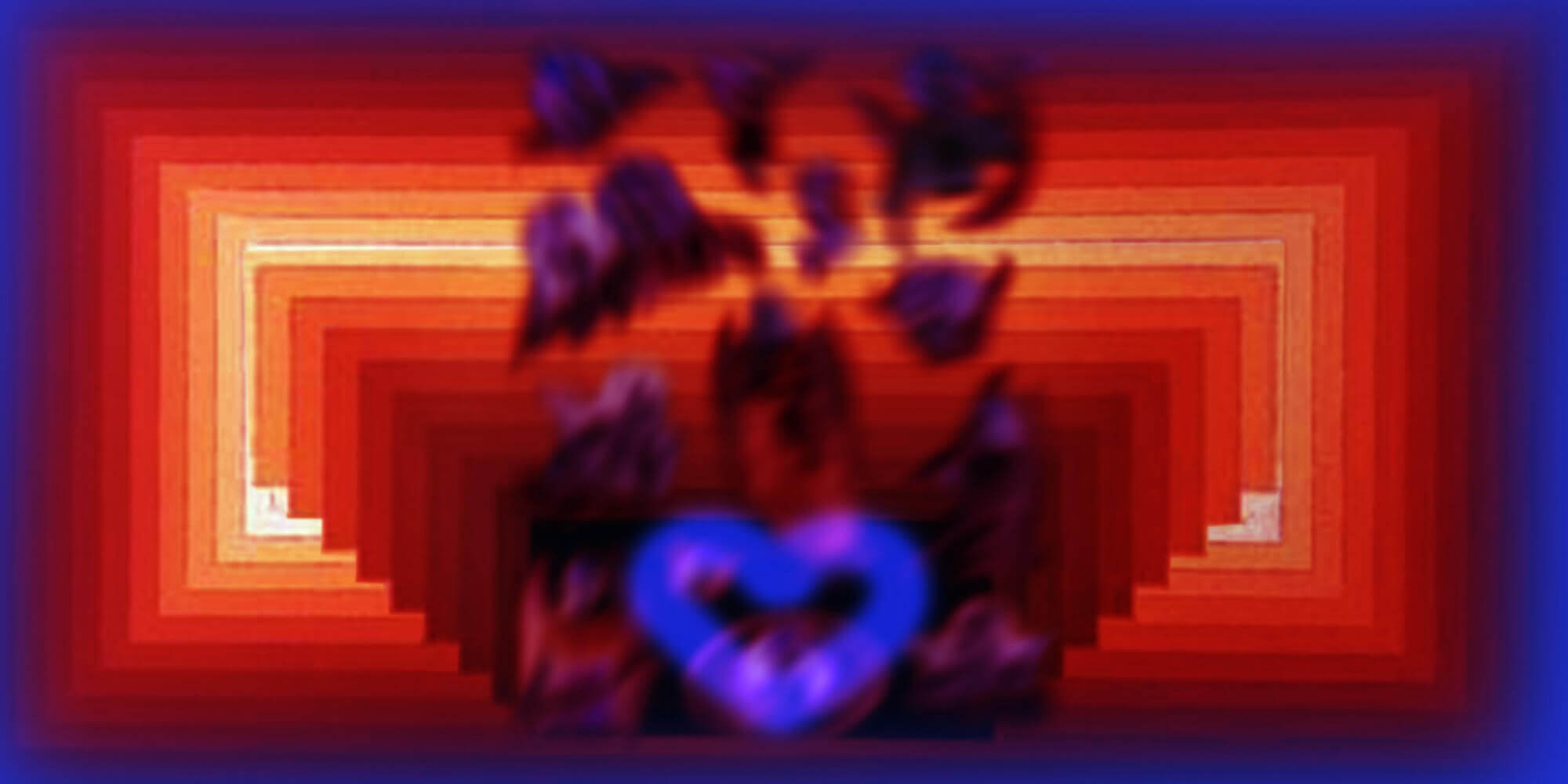 © Daria Danilovich
© Daria Danilovich It seems to me that this place could no longer exist as before, because time had changed. Casta Diva existed as a closed place, as ART cafe, a cafe for the closed community. Only people from the community who knew how to get there came there. There was very little information or places where other parties would take place where people could feel comfortable. Casta Diva was like an oasis in a desert. But Belarus started to change. People organized raves, techno parties, concerts, occasionally queer parties. Other queer initiatives started throwing their own events. Obviously, some competition appeared, along with new trends in the culture. And this place, which was originally supposed to be a closed, basement place, ceased to exist because people began to go to other spaces and have fun in other places. Therefore, it is probably really impossible to return to this place, it is impossible to restore it, because it cannot exist in these conditions. It had to close, and something else had to arise.
But despite the fact that the place has closed, I think something important has happened. It finally called itself a gay bar. We began a professional relationship with Igor Palansky, he began to be interested in what has been happening now in activism, and I began to learn the history he had witnessed. I believe that the contact has occurred. Maybe the place could not be saved, but even if this train left, I definitely managed to jump into the last car, get to know people, and get an important experience.
Igor got interested in what I did, subscribed to our social networks, and began to read our magazine. And I realized that I wanted to talk to him not only about Caste Diva, but also about history. I knew that Casta Diva had been raided more than once, and it was initiated by the Ministry of Internal Affairs. The police came and wrote down the ID data of the visitors. It was important for me to understand how they, as a team, coped with that. I realized that they treated it as part of their job. As part of reality: they can come to you at any time, they will be rude, but you know what to do ("don't be rude, show your passports — and that's it, they will leave ..."). Sometimes they were warned about such visits, and then they could prepare. I'm sure they were worried about their visitors and told me that this could happen.
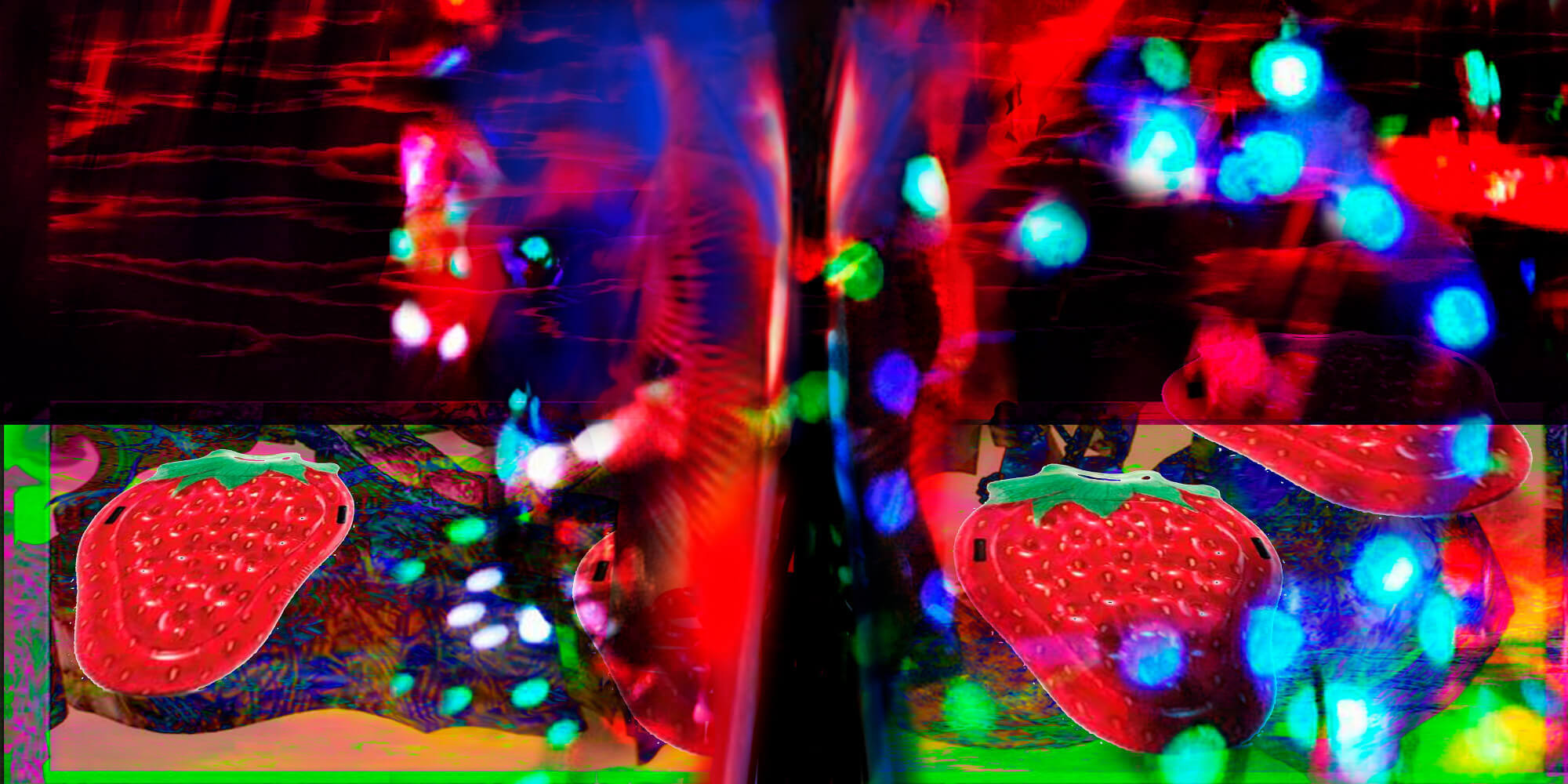 © Daria Danilovich
© Daria Danilovich I wanted to tell this story because an important part of my life is connected with this place. To see the fall of Casta Diva was, of course, sad for me, as well as to understand that there is no place in Belarus that would publicly say that this is "your place", that this is a "gay bar". I'm sad that now I don't have a place that I had back then, in my youth, where I could go back, sit and drink tea or play bingo, just see the community, talk to people, watch RuPaul's Drag Race series or Madonna concerts… I don't have enough of that right now. And I would like to hope that for another generation, for other "little Kolyas" like me, there will be other places where they can feel comfortable, places that will help to reveal their sexuality, their identities, where they can be themselves. How I once felt in a place like Casta Diva.

